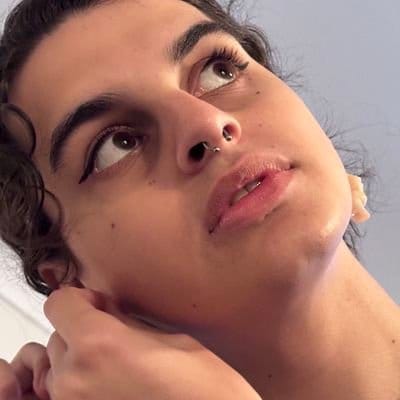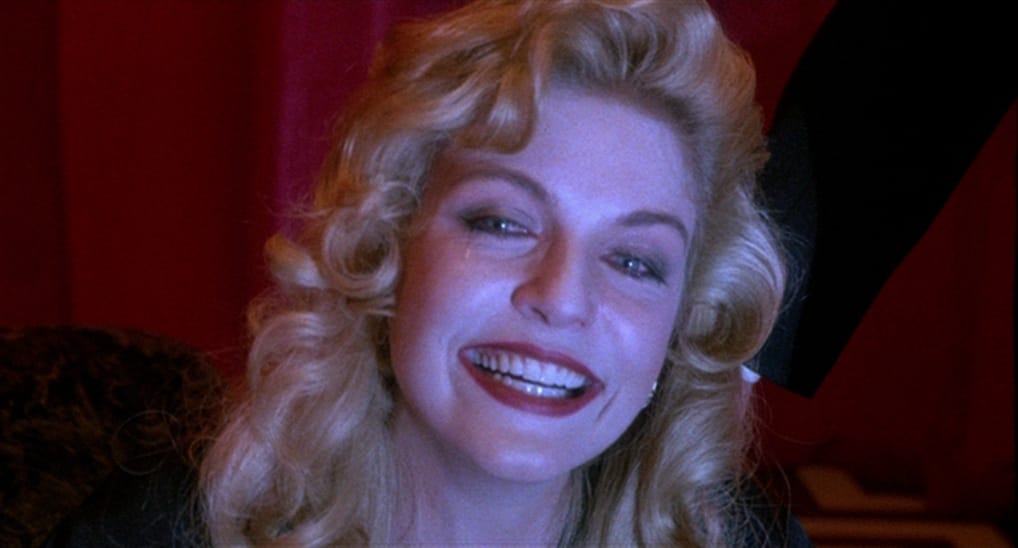David Lynch passed away today. He was 78.
I can't remember the first time I saw a David Lynch film. I think it was Mulholland Drive (2001). I would have been 15 or 16. What I do remember is how it rewired my brain, how much it felt like peering into a whole new world of cinematic possibilities, how much it made me yearn for more. I went on to watch every feature film Lynch had directed, the first director I had ever done that for. As I made my way through his films, I was met with so much more than just this immense body of work which had shaped so much of cinema and art to follow. In these films I found myself, for the first time ever in a format I could understand.
“Understanding” Lynch is a hurdle I think many people falter at. Many fall into the trap set by the people who make videos titled things like “Mulholland Drive Ending Explained” or “Twin Peaks Summary: What REALLY Happened”. I can't fault these people for grasping at concrete interpretations, but they have fundamentally missed the point and, more importantly, the joy of Lynch and Surrealist art more broadly. The best interpretations of Lynch are largely ignorant of trying to understand the what, but are instead focused on the why and the how. Attempting to put words to the effect that his films create is far more rewarding than trying to untangle the purposefully obtuse narratives he crafted.
My fondness for Eve Sedgwick also leads me to believe that the best interpretations are personal ones. Lynch's work lends itself to interpretation through pre-existing frameworks like Psychoanalysis or Feminism, but the most generative way to approach Lynch, for me, has always been to bring myself to his films.
I encountered David Lynch at a time in my life when I was thoroughly confused. About myself and who I was, about the world and my place in it, about so many things that seem so trivial to me now. When I saw Lynch's films, they confused me as well. But the beauty of Lynch was that that confusion doesn't hit you as a sign of your low intelligence, your inability to understand art, but as an invitation. It tells you that there is something here for you to understand, and urges you to do the work to understand it. What is really stunning is how everybody finds something different.
I know lots of people with stories of how watching Lynch's films helped them come to terms with their queerness. I'm not different, my relationship with Lynch has so much to do with my relationship with my gender and how Lynch helped me navigate that. I latched on to Lynch's “Women In Trouble” so ferociously, for reasons I couldn't comprehend at first.
Laura Palmer was a vision of all the parts of myself that I had repressed, one that struck me so violently when I first saw it but also one that would take me years to fully comprehend. I wasn't a woman, I hadn't been abused or raped, I didn't know what I was relating to. I had to sit there and think so hard about why she felt so close to me. I was a suburban teenager who was hurting more than I thought I was. More than anybody thought I was. That she was a woman, that her being a woman was such an important part of her character, was one of the things that really made me consider whether I was trans. In the years since coming out, a certain clarity has emerged towards my relationship with Laura Palmer which coincided with finding clarity with myself and who I am. She is a conduit for so many of the trans women in my life who share her pain. She has opened us up to ourselves and our own hurting. She has allowed us all to heal. To finally become ourselves. There is so much empathy and kindness in the way that David Lynch portrays Laura Palmer, empathy and kindness I didn't believe I needed or deserved until I saw it for myself.
The mark of a true artist is not only that you can find them in their work, but that you can find yourself. To say that I found myself in Lynch is an understatement. I found worlds beyond my comprehension, dreams vaster than my imagination could handle and more true than any proclamation I had heard until then.
Lynch's urtext was The Wizard of Oz (1939). I think he would be so proud to know that through his films he had created an Oz all his own and that so many Dorothy's like myself had found themselves along his Yellow Brick Road.
David Lynch ignited my passion for cinema. He showed me who I am.
Rest In Peace David. I will be forever grateful.

